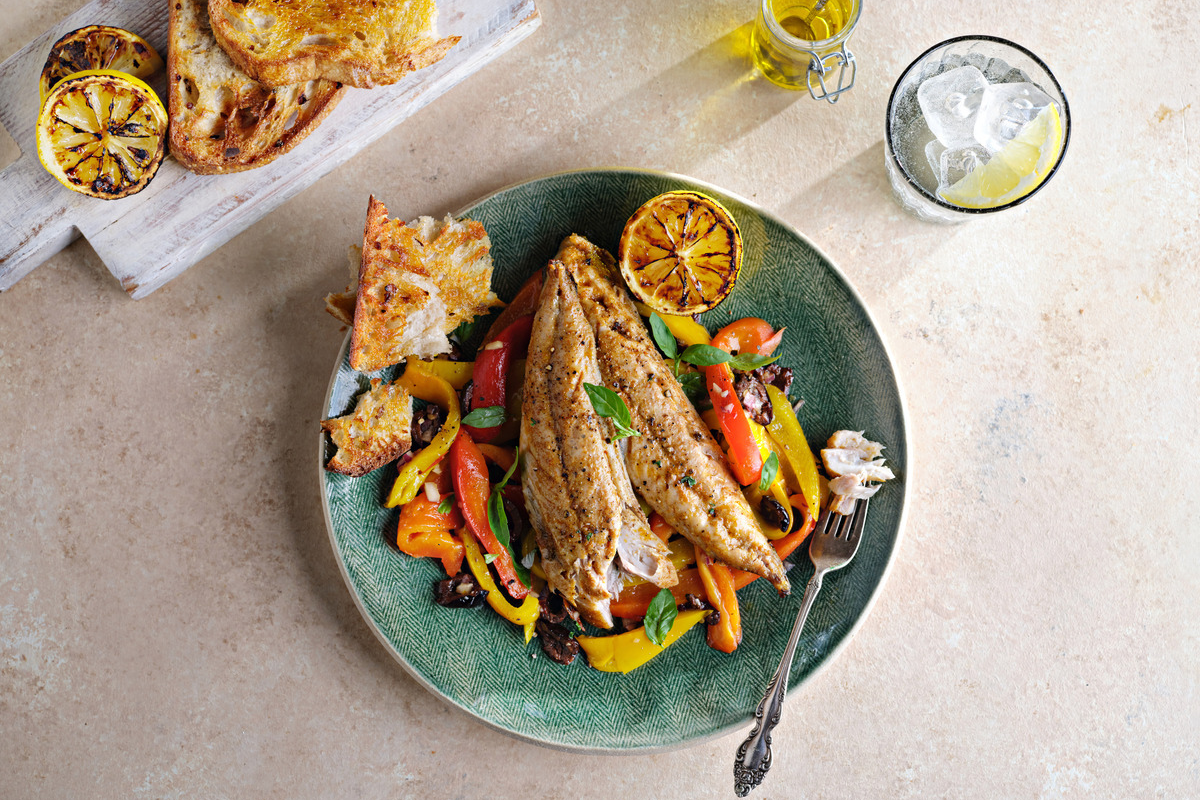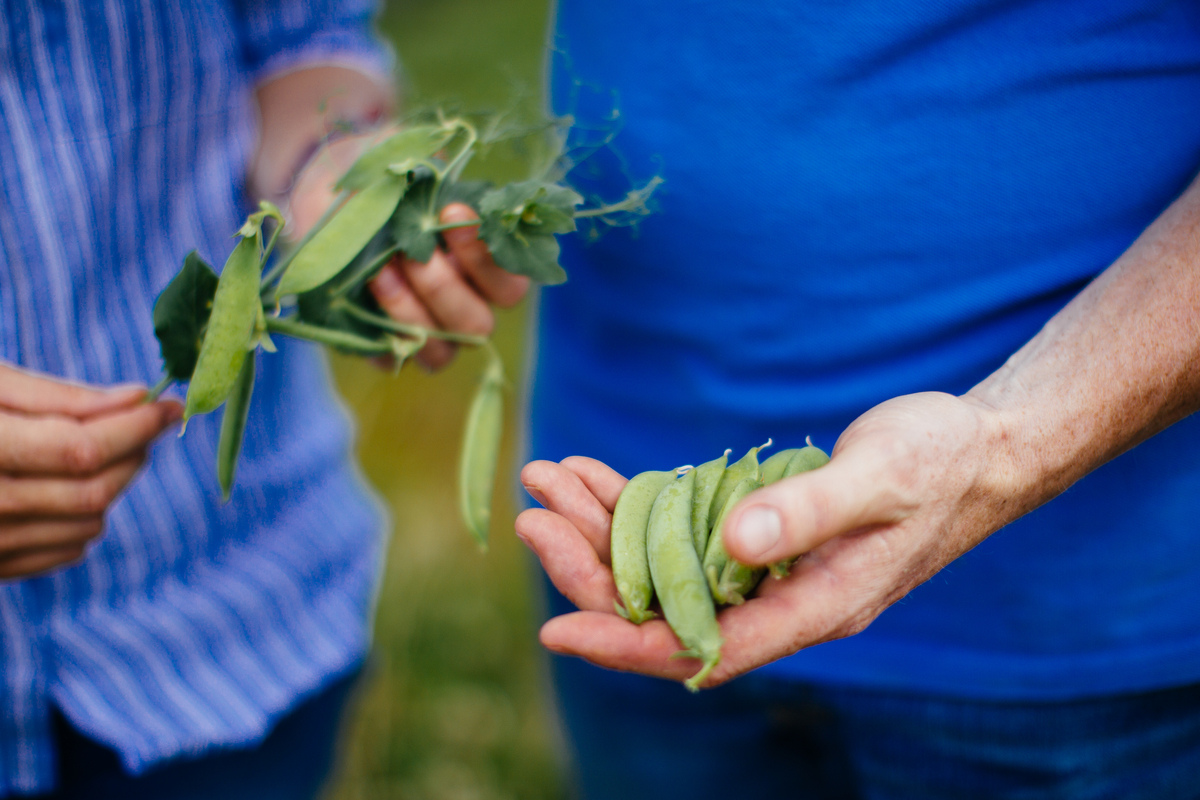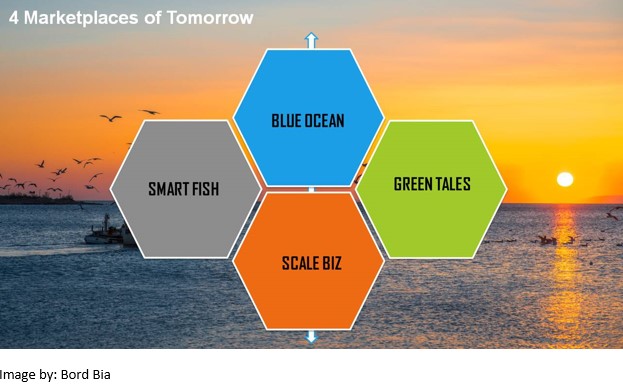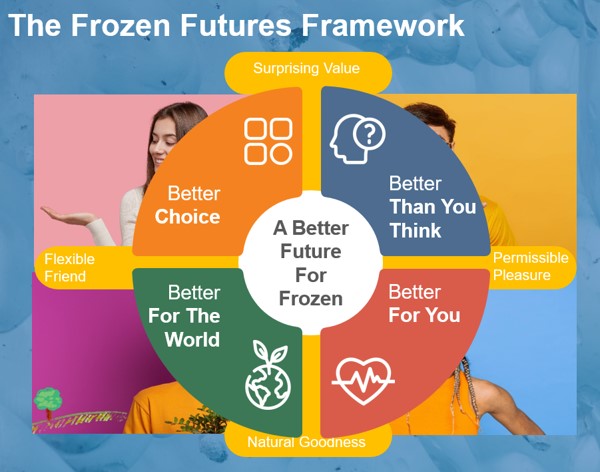It used to be something of a fringe consideration. But now, health and nutrition has leapt up the priority list for category directors in the food industry — influencing buying decisions and dominating strategic conversations.
It follows from a growing consumer trend towards more wholesome living. Shoppers are making more conscious decisions about how they feed themselves and their families, and they’re becoming savvier too — scrutinising ingredients lists to check the health impacts of their purchases.
As a category director, your entire procurement strategy needs to adapt to a population-level shift in attitudes towards health. And as we’ll discuss, that brings both sizeable challenges and opportunities.

A snapshot of the health landscape
In recent years, once-niche health trends have shifted firmly into the mainstream. For instance:
- A surge of interest in gut health has seen retailers stocking bays with probiotic yoghurts, kefir drinks, kombucha, and new probiotic-rich functional drinks.
- Millions of shoppers are now filling their baskets with plant-based meats and dairy, and the plant-based market appears to be stabilising after a recent drop in sales.
- Soaring sales of protein-rich products (and a booming protein bar market) reveal a desire for nutritious alternatives to quick processed snacks — fuelling gym-goers and time-pressed professionals alike.
There’s also a strong commercial reason to stock shelves with nutritious products: a large systematic review found that, on average, consumers are willing to pay a 30.7% price premium for healthier foods.
Of course, as a category director, keeping your finger on the pulse of every new health trend is tough. Not least because the landscape is changing so quickly, and attitudes and motivations towards health are so individual.
Keeping up with fast-changing tastes
Opinions on health and nutrition aren’t hard to find these days. An entire industry of influencers, podcasters, and wellness-focused celebrities is shaping and reshaping the food choices that consumers make.
As a category director, you’re under constant pressure to adapt to these changing tastes — in direct competition with an emerging industry of specialty online retailers, wellness brands, and sports nutrition companies. But it’s also not enough to just focus on mass-market health trends.
Dietary insights from wearable devices are helping drive a multi-billion dollar personalised nutrition market, diluting the idea of the ‘average’ consumer. While personalised nutrition brings complexity to procurement decisions, it also represents a huge opportunity for innovation.
For instance, by analysing dietary data and buying patterns, and by working with industry partners, category directors can develop new product ranges that are tailored to specific nutritional requirements.
It’s a constant balancing act
Of course, it’s not as simple as following the data and expanding your healthy product range.
Category directors also need to balance conflicting consumers’ wishes for healthy but cheap food — particularly during a cost-of-living crisis. In addition, supply chain disruptions and cost pressures continue to complicate procurement decisions.
But fundamentally, catering to healthy shoppers has to be a long-term priority. And stocking shelves with the right products requires a multi-faceted approach. It requires tracking the latest health and nutrition science, staying on top of consumer habits, and forging relationships with suppliers that can flex to fast-changing tastes.
At Bord Bia, we can help with that. To find out more, including how you can benefit from our industry research and supplier network, get in touch today.



